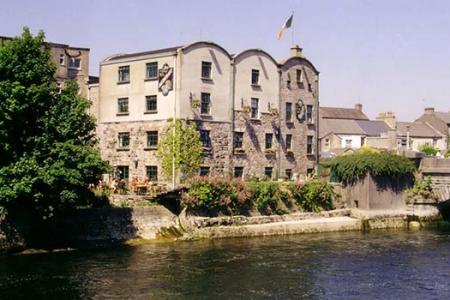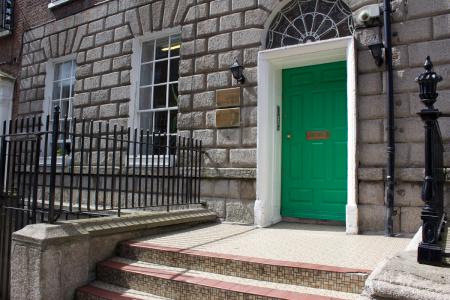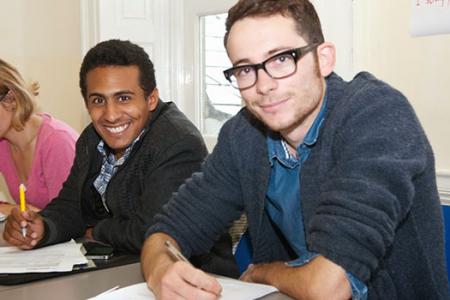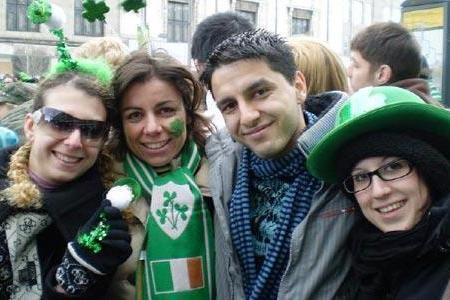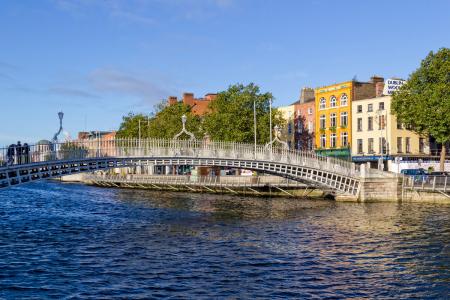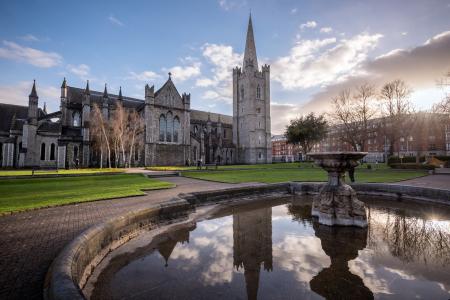COURSE DESCRIPTION:
This is a practical, hands-on, participative course. Our course aims to share international best practice techniques and is developed for teachers who need to deliver content lessons in English. Our course delivery is a blend of lectures and practical activities based on CLIL methodology. Throughout the course, we encourage participants to reflect on their own practice, consider alternative practices and try out a variety of classroom activities through lesson planning, workshops and presentations. This course is of significant benefit to subject teachers and teachers of English with up to 2 years’ experience in the CLIL environment and who need currently, or in the future, to deliver content lessons in English and those wish to share ideas on best practice methodologies with colleagues from across Europe thereby improving the overall approach to CLIL Teaching in their schools and, as a result, the learner outcomes for their students.
This course is also suitable for trainers who are at the beginning of their CLIL training careers.
COURSE OBJECTIVES:
The objectives of this 2-week course on the Theory and Practice of CLIL are:
- to familiarise participants with key concepts and issues in CLIL and to share international best practice techniques as applied in today’s school environment
- to help develop their skills in teaching subjects through English
- to examine the impact on teaching of recent pedagogical developments including developments in classroom technology
- to cover a variety of school subjects including geography, history, science and art with a focus on methods of making the subjects accessible to learners through English
- to examine the theoretical principles underpinning CLIL in such a way that they will be applicable to practice at primary and secondary level
- to provide opportunities for improved methodology and creativity to help participants increase their student engagement and retention on their return to their own schools
- to establish contacts and share information with teachers from a variety of European backgrounds and facilitate future networking among these professionals
By achieving these objectives we aim to assist schools in addressing identified needs as outlined in their European Development Plan and to re-inforce the capacities and international scope of the participating organisations.
METHODOLOGY:
This is a practical, hands-on, participative course which focuses on the application of CLIL within the context of the European Profile for Language Teacher Education and the CEFR. The input sessions are a blend of lecture format and practical activities based on CLIL methodology. Throughout the course, participants are encouraged to reflect on their own practice, consider alternative practices and try out a variety of classroom activities through lesson planning, workshops and presentations. The morning sessions are complemented and reinforced by a series of related afternoon activities where the participants are encouraged to develop their language skills in a more informal environment outside the classroom.
FORMAT:
This Course on the Theory and Practice of CLIL is a two-week course consisting of 42 contact morning hours as well as 2 afternoon workshops and an extensive cultural and social programme which is directly linked to the morning sessions.
FOLLOW UP:
On the final day of the course, the participants engage in a reflection session in which they are encouraged to examine benefits gained from the course and complete a course evaluation form. Participants are encouraged to keep contact via email and private social networking. The Alpha trainers are available for follow-up advice and support at all times.
SAMPLE PROGRAMME:
1) Monday
- Induction, orientation and information dissemination
- Key concepts, definitions and types of CLIL. Sample CLIL geography lesson
- Orientation tour of Dublin
2) Tuesday
- The development of theory and methodology in language learning - the genesis of CLIL
- CLIL Lesson Planning 1. Creating a digital portfolio
- Visit to National Museum
3) Wednesday
- Sample CLIL Irish history lesson
- CLIL Lesson planning 2
- National Print Museum
4) Thursday
- Classroom language for teaching through English
- Using reading texts in CLIL - integrating language skills and developing content, communicative, cognitive and cultural skills.
- Visit to National Botanic Gardens
5) Friday
- Designing materials using web tools
- Sample CLIL Math Lesson
SATURDAY AND SUNDAY - Free Days
6) Monday
- Using listening texts in CLIL - integrating language skills and developing content, communicative, cognitive and cultural skills.
- Assessment in the CLIL Classroom: formative and summative assessment in the CLIL classroom
- Chester Beatty library.
7) Tuesday
- ICT and CLIL. Implementing Bloom’s Digital Taxonomy in CLIL lesson design
- Workshop: Designing a CLIL lesson using Bloom’s Taxonomy
- National Gallery
8) Wednesday
- CLIL art lesson - using art to develop speaking skills
- Developing the writing skill in the CLIL context
- The Irish experience of CLIL
9) Thursday
- Project-based learning in the CLIL clasroom
- Film in the classroom - practical applications for CLIL
- Visit to Cathedrals
10) Friday
- Presentations of participants’ projects and CLIL lesson plans
- Course review and evaluation
- Establishment of base and guidelines for future contact and networking
Przykładowe zajęcia dodatkowe:

city tour/walk, conversation practice, cultural activities, film evenings, guided walks, international evenings, museum visits, orientation tour, pub and restaurant evenings, theme workshops

Guinness Storehouse *, Jameson Distillery *, National Archaeology museum, National History museum, National Gallery, Glendalough *, Trim and Tara *, Boyne Valley *, Trinity College *, Croke Park, Kilkenny *, Bray Head
* zajęcia dodatkowo płatne
Akredytacje





